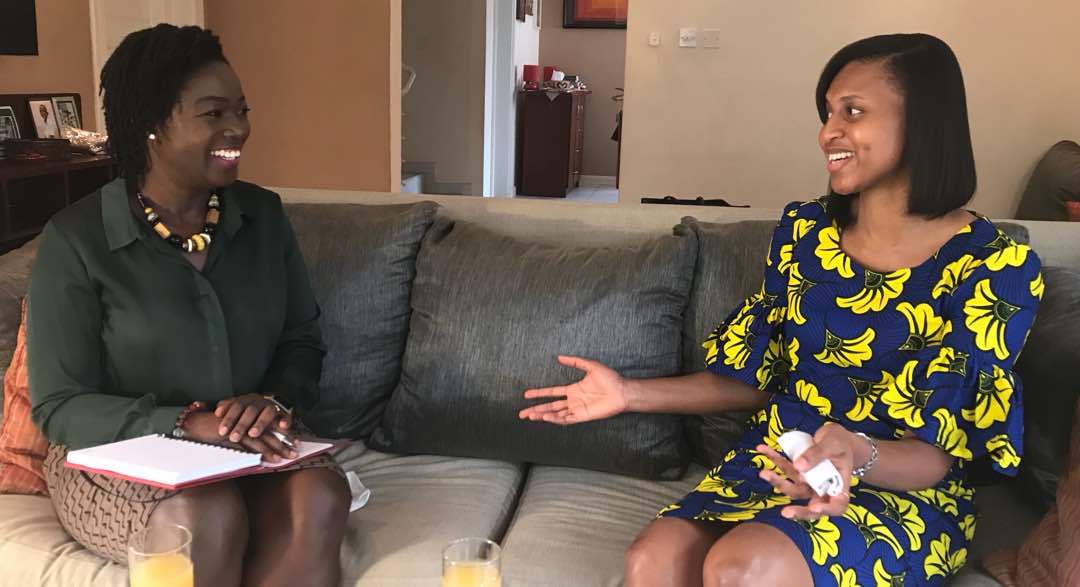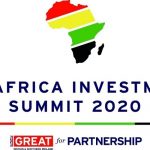Lucy Quist has been on an ambitious journey of inspiring bold actions in Africans through her ‘Bold New Normal’ campaign.
The Bold New Normal is the belief that we can create a prosperous continent for all Africans if we visualise the Africa we want, align our words to our vision to inform our mindsets and lead to positive action. She is particularly committed to the potential young people have to create that future and spends time engaging them with direct engagements in Accra and Kumasi as well as locations outside Ghana. Her interactions have focused on entrepreneurship, leadership, career and STEM.
This year, the multiple award-winning business leader and speaker is having conversations with ambitious millennials who have taken action on their ideas in Science, Technology, Engineering and Mathematics (STEM) as well as in business. Through very insightful conversations, the young people share their work experiences, insights and their take on issues concerning STEM and Business leadership in Ghana and Africa.
The conversations are eye-opening for all who seek to create prosperity for their communities through STEM and business.

Larisa Bowen Dodoo is also a Project Coordinator at the British Council and a member of the Global Shapers Community.
Lucy recently sat down with Larisa Bowen-Dodoo who is a biomedical engineer and founder of Levers In Heels; a website that curates stories about high-achieving women in the field of STEM.
The two spoke about A ‘STEMabled’ Africa, where they both shared their hopes and the challenges towards creating an Africa where knowledge and skills in STEM directly and indirectly contribute to development, people and growth on the continent.
Larisa shared her journey and said that young people acknowledge that there are challenges all around them but do not feel encouraged to provide solutions.
“In Ghana for example we contract a lot of construction jobs; construction of roads, railways to international companies and when you do that, you are unconsciously telling the younger people that we are not capable of solving our own problems. And so many of our young people do not feel motivated or encouraged to be problem solvers or feel like they’re capable to solve our own issues.”

Both ladies shared their visions of a ‘STEMabled’ Africa, while outlining how the present challenges should be surmounted
Larisa also stated that cultural habits of parents who push their children to study for white-collar jobs because of wealth creation, can inhibit children’s ability to explore and be creative problem solvers. Teachers were also cited as players who are very key in encouraging problem solving in children. Unfortunately, they too have not played this role effectively on a large enough scale.
Larisa shared a personal experience where her lecturer failed to encourage her creativity. While at university she designed a shoe with a collapsible heel as part of a project work. Unfortunately, her creative idea was rejected and called ‘too stylish’. The engineering components of her design seem to be completely lost on her lecturer.
She explained that young people will be better positioned and bolder in their efforts to solve our problems if leaders, parents and educators would encourage creativity and create opportunities for young people to express themselves.
Watch the full conversation below or listen to it on SoundCloud.
http://www.facebook.com/lucyquistofficial/videos/825259954347930/
Follow Lucy Quist on Facebook (@lucyquistofficial) to watch these conversations live.




